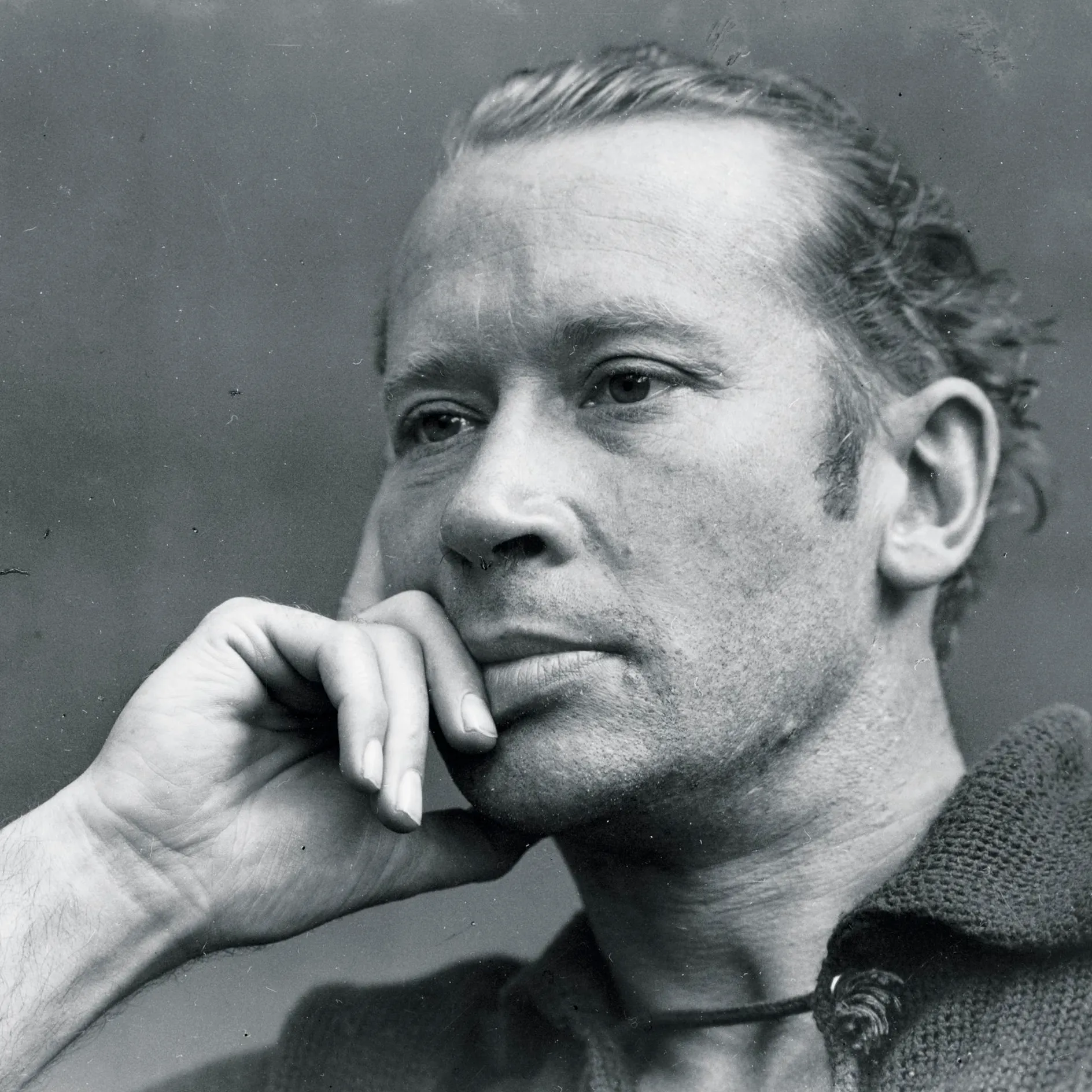the great advantage of being alive
(instead of undying)is not so much
that mind no more can disprove than prove
what heart may feel and soul may touch
— the great (my darling)happens to be
that love are in we, that love are in we
and here is a secret they never will share for whom create is less than have
or one times one than when times where —
that we are in love,that we are in love:
with us they’ve nothing times nothing to do
(for love are in we am in i are in you)
this world(as timorous itsters all
to call their cowardice quite agree)
shall never discover our touch and feel
–for love are in we are in love are in we;
for you are and i am and we are(above
and under all possible worlds)in love
a billion brains may coax undeath
from fancied fact and spaceful time–
no heart can leap,no soul can breathe
but by the sizeless truth of a dream
whose sleep is the sky and the earth and the sea.
For love are in you am in i are in we
Published:
1950
Length:
Regular
Literary Movements:
Modernism
Anthology Years:
2020
Themes:
Faith & Hope
Love & Relationships
Literary Devices:
Alliteration
the repetition of the same letter or sound at the beginning of words appearing in succession
Hyperbaton
An inversion of typical syntax (word order).
Metaphor
a comparison between two unrelated things through a shared characteristic
Personification
the attribution of human qualities to a non-human thing
Portmanteau
joining two or more words to create a new word
Repetition
a recurrence of the same word or phrase two or more times
Rhyme
correspondence of sound between words or the endings of words, especially when these are used at the ends of lines of poetry

